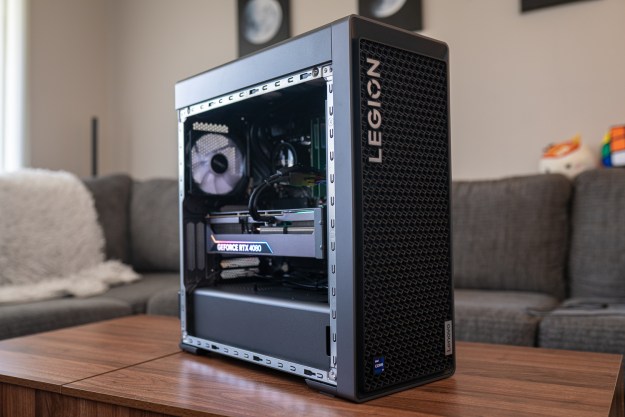
The program was brought to public attention (and disparagement) by Edward Snowden in 2013; it drew considerable criticism for its vast, largely unknown collection of the metadata of most Americans. And now, the final deadline for the program is timestamped 11:59 p.m. Saturday.
The conclusion of the vast surveillance system comes as the result of the USA Freedom Act, which Congress passed back in June. At the time, the NSA was allotted 18o days to end its controversial practices and find new ways to keep Americans safe (that hopefully don’t include spying on ordinary citizens). Now, the government agency is out of time, and the White House says that it has a less invasive process ready to replace the old program.
Though it’s been two years since Snowden first brought the surveillance to public attention, the end of the program marks a considerable victory for privacy watchdog groups, who have long lambasted the government for what some considered an abuse of power. Now, should a certain phone number be deemed suspicious by government officials, they must make a specific request to the appropriate telephone company in order to retrieve the data. No longer will the NSA have its own records of this sort of information.
Voicing support for the newly revised version of the program, National Security Council spokesman Ned Price said that the act “struck a reasonable compromise which allows us to continue to protect the country while implementing various reforms.”
Of course, not all members of Congress are pleased with the demise of this data collection. In fact, Majority Leader Mitch McConnell and Republican presidential candidate Senator Marco Rubio hoped to extend the surveillance program through 2017, citing the recent spike in terror attacks and the tragedy in Paris as proof for more security.
But security experts — including James Clapper from the Office of the Director of National Intelligence — seem confident about the next phase of U.S. intelligence. “With the transition period ending, the intelligence community has fulfilled an important presidential commitment,” Clapper said, “that allows national security professionals to retain the capabilities necessary to continue protecting the country, while strengthening the civil liberties protections that the American people cherish.”


